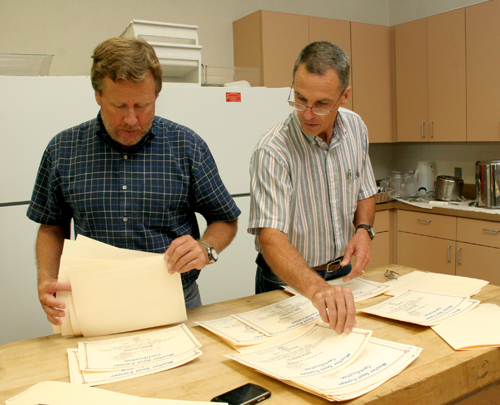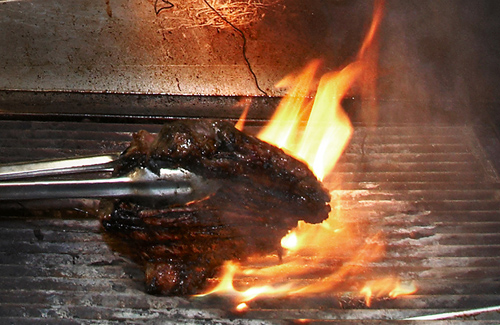 CAES News
CAES News
Cook receives Georgia 4-H Lifetime Achievement Award
M.K. “Curly” Cook, who served 31 years at the University of Georgia, was awarded the prestigious Georgia 4-H Lifetime Achievement Award at the Georgia 4-H Gala in Atlanta in August.


.jpg)


